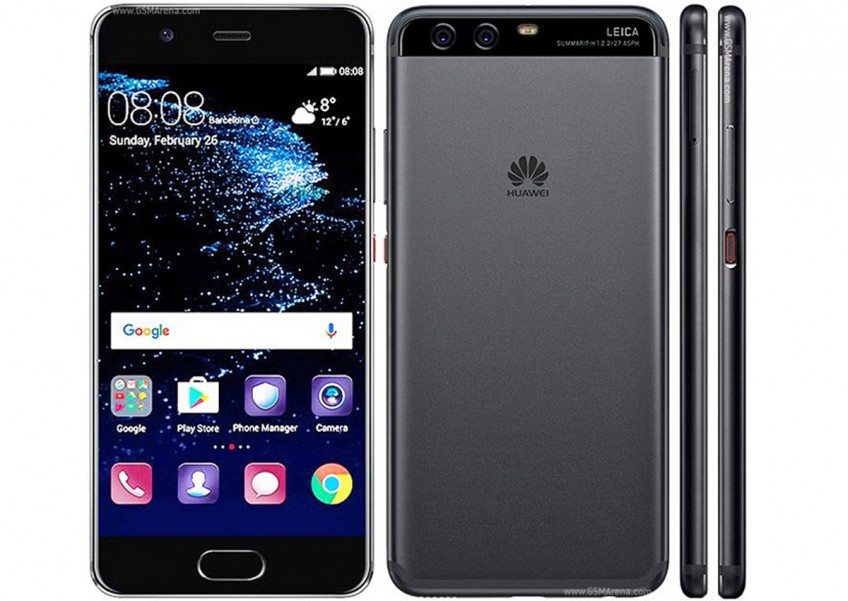Huawei P10 is simultaneously good and really boring

I've said this many times: Huawei makes great phones. They're built to last and their software won't cause you many headaches after you get used to it.
All the Huawei phones I've tested in the last couple of years worked very well, even after I've been using them a while (which can't be said for many Android phones).
But while the company's latest flagship, the Huawei P10, follows in that path, it has one pretty big flaw: it's boring.
It doesn't bring any truly exciting features, and it's not even keeping pace with competitors.
There's no huge screen. No waterproof design. No significant design changes compared to the last year's model, the Huawei P9.
The only major change between this model and that one is the placement of the fingerprint sensor, which also replaces Android menu buttons, from the back of the phone to its front.
That's right: When every other major phone maker is removing buttons from the front of their flagships, Huawei is actually adding one.
A new button and little else
So let's start with the fingerprint sensor.
It's a nice thing: No moving parts, resides under the glass, reads your fingerprints fast, and after a while it's nearly as good as using the standard Android menu buttons (which can be enabled in the settings).
But does it offer any advantages over the onscreen buttons? Absolutely not.
It's located right below the screen, so it prevents Huawei from making the screen any larger, contrasted by the beeg screen of the LG G6, which also launched during this year's Mobile World Congress in Barcelona.
The button's "home" and "back" gestures (a simple long and short presses) worked well, but getting the recent tasks to show up didn't always happen for me.
Read the full article here.

Mashable is the go-to source for tech, digital culture, and entertainment content for its dedicated and influential audience around the world.